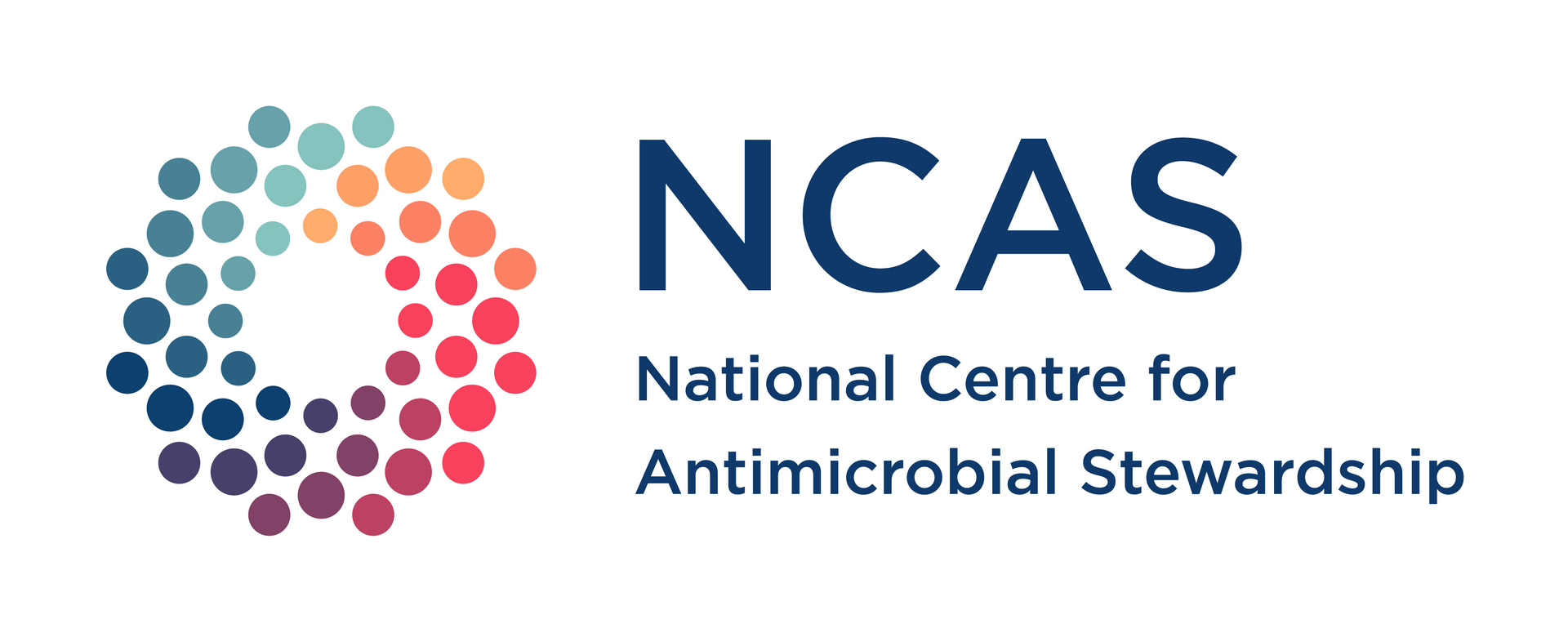Our History

The National Centre for Antimicrobial Stewardship (NCAS) was established in 2015 through a National Health and Medical Research Council (NHMRC)-Centre of Research Excellence grant. The
NCAS
team incorporates chief investigators from the University of Melbourne, Monash University and Royal Melbourne Hospital. We also have associate investigators, collaborators and advisors from groups including Barwon Health, Southern Health, Eastern Health, Bayside Health, Victorian Healthcare-Associated Infection Surveillance Service (VICNISS) and New South Wales Clinical Excellence Commission (NSW CEC). Our clinical advisors and collaborators come from Victoria, New South Wales, Queensland, South Australia and Tasmania, and include specialists in acute care, primary care, aged care, regional and remote health, paediatrics, and agricultural and veterinary medicine. Our chief investigators represent hospital doctors, general practitioners, pharmacists, and veterinarians and microbiologists.
NCAS
evolved from more than 15 years of previous work in the area of antimicrobial stewardship by members of our team. A previous NHMRC Partnership grant involving Melbourne Health, University of Melbourne, Victorian Department of Health and Human Services, and Therapeutic Guidelines Limited provided a platform of research in the area of antimicrobial stewardship programs in hospitals. Specifically, it examined the needs of major-city hospitals, regional and remote hospitals, and private hospitals, and demonstrated the need for a collaborative centre that worked beyond hospital walls.
NCAS
has a focus on the provision of education to build capacity in antimicrobial stewardship. Since 2011, we have provided education for registrars and consultants in infectious diseases and microbiology to equip them to manage antimicrobial stewardship programs in hospitals. Subsequently, we have delivered seminars, training workshops and research forums that have been tailored to suit nurses, infection control practitioners and hospital pharmacists (including specialised antimicrobial pharmacists and general ward pharmacists). In 2016, our team began providing workshops in regional centres to expand activity in antimicrobial stewardship.
Our team knows that resources and tools can assist with promotion of best practice in antimicrobial prescribing. We develop and disseminate simple tools that bring advice to the point of care. Our information and communications technology innovation arm, the Guidance Group at Melbourne Health,
has developed software to assist hospital antimicrobial stewardship programs. Guidance software is now in use at many hospitals across Australia, and has been sustained for over 10 years. Our tools provide decision-support, support electronic approvals and managed post-prescription review, and have detailed auditing and reporting functionality.
Additionally, NCAS
has developed and continues to deliver the National Antimicrobial Prescribing Survey
(NAPS). Since 2012, this auditing tool has progressively grown in Australia and internationally, with hundreds of hospitals participating in surveys that permit patient-level assessments of the compliance and appropriateness of antimicrobial prescribing, and detailed comparisons of prescribing behaviours. The NAPS is now a core activity of the Commonwealth Department of Health's Antimicrobial Use and Resistance in Australia
(AURA) program. The key to our suite of audit tools is that we assist hospitals to adequately train auditors to obtain consistent data and to meaningfully interpret these data to find important areas to target for quality improvement activities. The NAPS support team continues to provide assistance to auditors involved in antimicrobial stewardship programs in resource-limited settings nationally, so as to facilitate accurate auditing and interpretation of data. Data from the NAPS is fed back to inform national guidelines so that areas of deviation from evidence-based best practice can be identified for improvement activities.
An important attribute of NCAS
is that we are a multidisciplinary team. Each year, our team grows as we are joined by infectious diseases physicians, microbiologists, veterinarians, pharmacists, nurses, infection control practitioners, software developers and a group of keen research fellows in PhD, masters and post-doc positions. Our team has a passion for providing practical assistance, understanding real-life challenges and ensuring that we are part of ongoing discussions with policy makers.
